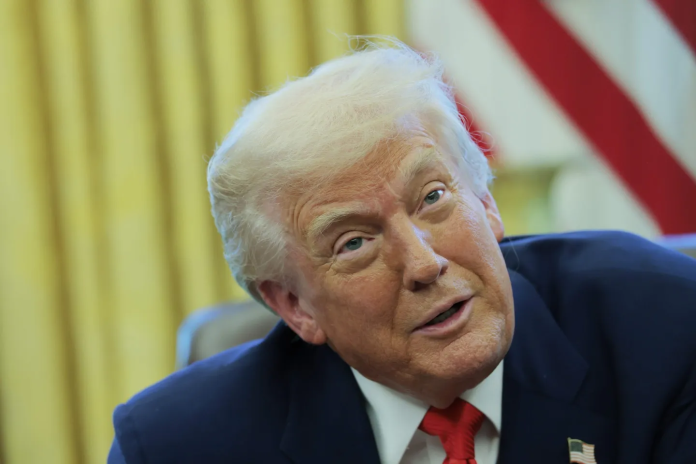In yet another dramatic turn of events, U.S. President Donald Trump announced that a trade deal with China has been finalized and will soon be signed. He also stated that he is planning to meet with Chinese President Xi Jinping in the near future, adding that China is “a good country” and “a great friend.” These remarks mark a significant shift from Trump’s earlier rhetoric, which often painted China as an economic adversary and strategic threat. This sudden pivot raises important questions about the consistency and reliability of the President’s foreign policy stance.
When Donald Trump assumed office, he was unflinching in his criticism of China. He accused Beijing of manipulating its currency, stealing American jobs, and engaging in unfair trade practices. His administration imposed sweeping tariffs, igniting a trade war that sent ripples through global markets and strained diplomatic ties. China was labeled a usurper, and relations between the two powers reached a low point not seen in decades.
Today, however, the tone is strikingly different. The very nation once blamed for America’s economic woes is now being praised as a valuable ally. Trump’s endorsement of China as a “good country” not only contradicts his earlier positions but also exposes the unpredictable nature of his diplomacy. While a thaw in U.S.-China relations is certainly welcome in an increasingly tense global environment, such abrupt reversals do little to inspire confidence—either domestically or internationally.
This inconsistency in messaging places American foreign policy in a difficult position. The U.S. State Department and other diplomatic institutions are often left scrambling to keep pace with the President’s shifting statements. Allies and adversaries alike find it hard to discern the true direction of U.S. policy, which can undermine trust and complicate negotiations. For China, the sudden friendliness may be viewed with suspicion—after all, if Trump could turn so quickly from foe to friend, what assurance is there that he won’t reverse course again?
Moreover, the upcoming trade pact, while a potential win for economic diplomacy, must be scrutinized for its long-term implications. Will it address the core issues that sparked the trade war, such as intellectual property theft and market access? Or will it simply serve as a temporary truce, masking unresolved tensions beneath a veneer of progress? Trump’s declaration may signal a political victory, but the real test lies in the durability and substance of the agreement.
Time will tell whether this new chapter in U.S.-China relations is a genuine shift or merely another episode in a presidency marked by unpredictability. What is clear, however, is that consistency and strategic coherence are vital in managing one of the most important bilateral relationships in the world. If President Trump truly wishes to foster lasting cooperation with China, he must move beyond impulsive declarations and adopt a stable, principled approach—something that has so far eluded his administration.

















